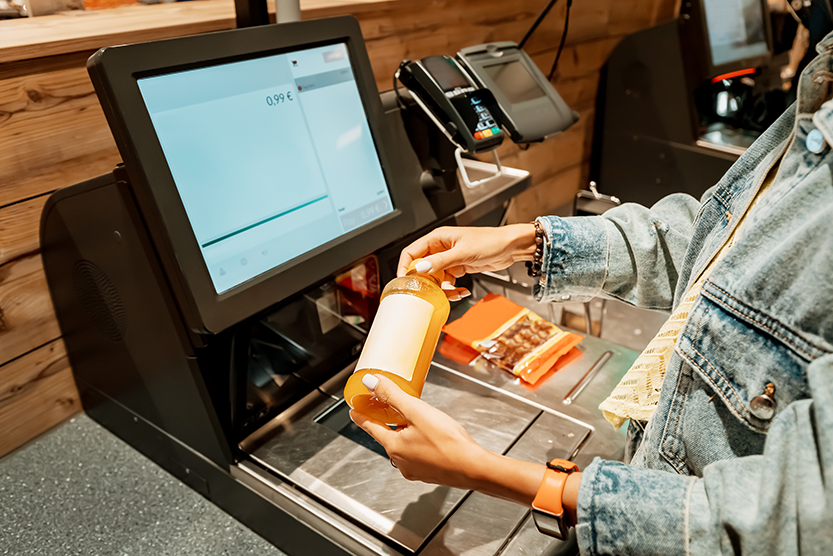2023 marked a record-breaking year for self-checkout technology globally, according to a new study by Datos Insights.


The global self-checkout market experienced solid growth throughout 2023, driven by hardware upgrades for long-term investors and increased adoption in developing markets.
According to the Global EPOS and Self-Checkout report, conducted by Datos Insights, more than 217,000 terminals were installed worldwide in 2023. This represents a 12% increase compared to the previous year.
Activity was particularly strong in the USA, the world’s largest self-checkout market, with continued rollouts at supermarket chains, including discount supermarket Aldi and regional fuel convenience operators such as Refuel and Kwik Trip. Meanwhile, in Europe, the market saw a boost from replacement projects at major UK grocery retailers, driving significant shipment increases.
In Asia, China, the region’s largest market, returned to growth following the lifting of COVID-19 lockdowns, while pilots continued in under-penetrated markets such as the Philippines and India. Elsewhere, small-scale rollouts and trials are underway; Kenya, for instance, saw its first-ever self-checkout installations at Carrefour, while grocery retailers like Devoto Express introduced the technology in Uruguay.
Among the leading providers of self-service technology, Diebold Nixdorf stood out, having emerged as the new global #2 provider and the current leader in the EMEA region.
“Self-checkout pilots are appearing in smaller countries, and the technology is gaining traction in major markets that were initially slow to adopt, such as Germany, highlighting strong potential for global market growth,” said Jeni Bloomfield, who led RBR Data Services’ Global EPOS and Self-Checkout research.
As self-checkout technology continues to evolve, a growing proportion of new terminals are cashless, accepting only digital payments. These payment options include cards, mobile wallets, and even biometric payments in some countries.
Despite near-term security concerns, demand for self-checkout technology remains robust. Countries from Canada to Thailand are grappling with labour shortages, while consumers increasingly expect a variety of checkout options at stores. The report predicts that the number of installations will reach two million globally by 2029.



